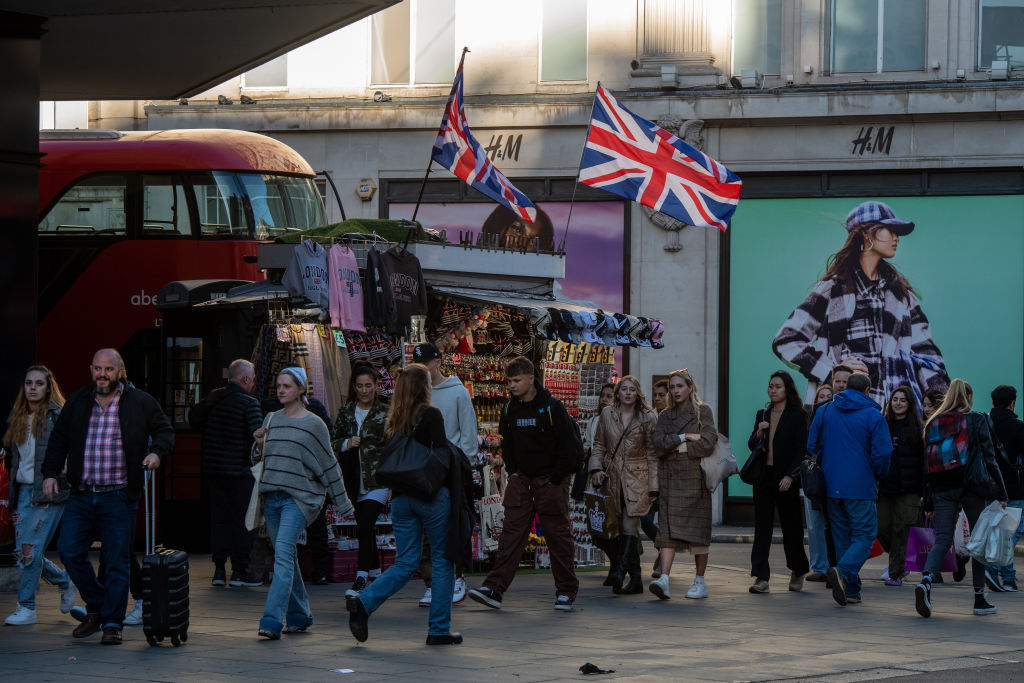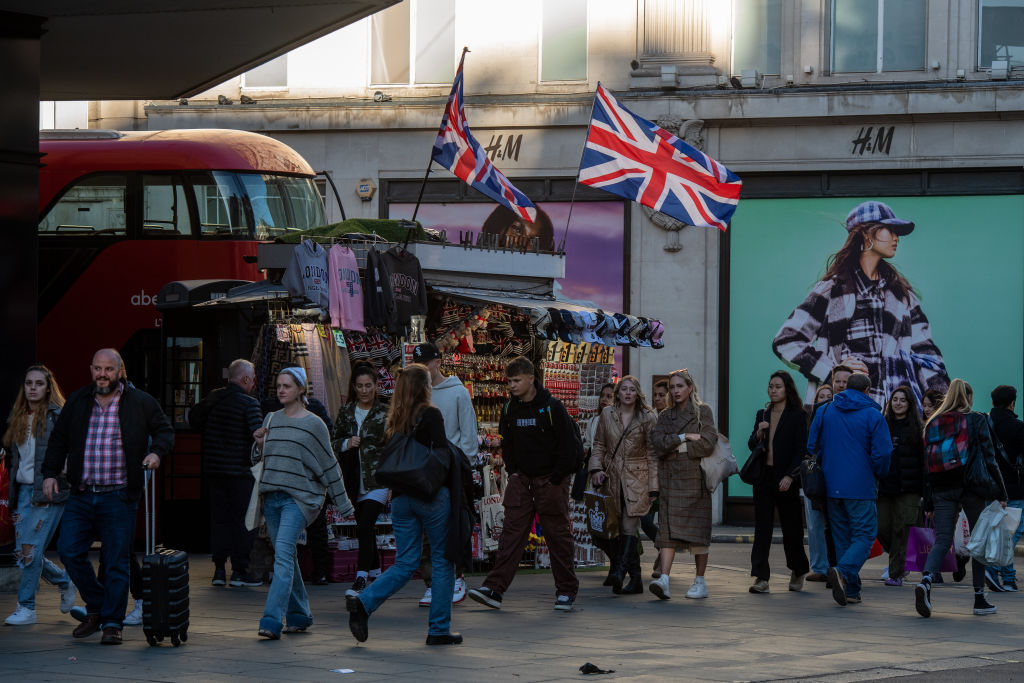Rise in living wage spells further misery for retailers, businesses warn
Hollywood Bowl boss brands pay increase as 'unexpected hit'


A rise in the National Living Wage could lead to an increase in the amount consumers pay at the till, business groups have warned.
The National Living Wage (NLW) is set to increase by almost 10 per cent next year, from £10.42 to £11.44 an hour.
But businesses have warned that the rise could lead to price increases for customers.
Speaking to BBC’s Today Programme, the chief executive of Hollywood Bowl, Stephen Burns described the move as an “unexpected hit” and “quite painful”.
“We have managed to keep our prices pretty low to try and mitigate that but we may need to do something again towards the mid or the end of the year,” he told the programme.
It comes as the group posted record profits for the full year to September, with revenues jumping to £215m.
A period of high inflation and squeeze on public finances has left many customers choosy about where they spend their money, with most seeking cheaper deals.
Just last week the chief executive of Currys, Alex Baldock, also warned of the pressures the raise will heap on business.
He said: “There are three million jobs at stake in UK retail, and loading more costs on to an already overburdened sector is irresponsible, and we call for a change of heart on it.”
Tom Ironside, director of business and regulation at the British Retail Consortium, told City A.M that rising wages will add to the pressure on prices.
He explained: “Retailers strongly support the objective of higher wages in the industry and have been increasing pay in their businesses while also working hard in recent years to secure the productivity improvements needed to ensure such increases are sustainable.
“Unfortunately, the chancellor’s inflationary increase in the business rates multiplier will add to the rising costs which retailers are currently grappling with, at a time when sales volumes have fallen to a two year low.
He added: “Ultimately, the combined impact of additional costs will add to the pressure on prices. In future, retailers would like to see wider economic conditions being factored in to determine NLW rises.”



